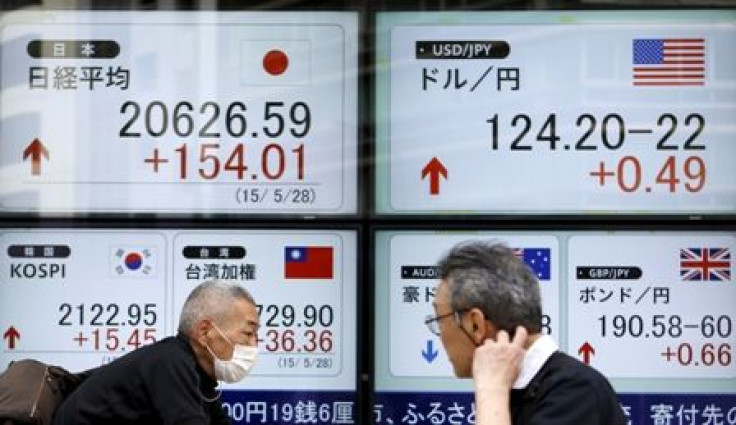Australian Dollar Rises Despite Discontinued Greek Talks

The valuation of Australian dollar is reported to have increased overnight. On Thursday despite lack of progress in Greek debt discussions the local unit traded to AU$ 100.24 from AU$ 100.12.
According to an online news website, strategists from JP Morgan confirmed that Australian dollar sidelined the U.S. dollar after mixed U.S. economic data was released. However, the final outcome of the debt negotiations between Greece and her international creditors are awaited by the traders.
Emma Lawson, one of the senior strategists of National Australia Bank argued that any progress in the talks of Greece debts would result in currency fluctuations. She also pointed out that this recovery from Wednesday’s trading unit indicated that the scope for little improvements from Greece to move the dollar from its roost was melting away. "Technical or market-driven factors rather than fundamentals are driving currencies at the moment," she said.
The Australian reported that extensive discussions discontinued after Greek Prime Minister Alexis Tsipras criticised the International Monetary Fund (IMF) for turning down the proposed reform measures. This resulted in misapprehension among international creditors that Greece could default on IMF and end up leaving the eurozone.
On one hand, US witnessed an increase of 0.9 percent with regard to its personal spending while its Services Purchasing Managers’ Index dropped to 54.8 from 56.2 points which is believed to be the lowest since January. On the other euro's trading units fluctuated as at the beginning it reached AU$1.48 but fell to about AU$1.45.
FXCM currency strategist Ilya Spivak said that due to higher front-end yields, the dollar quickly advanced indicating a better policy stance of the Reserve Bank of Australia. However, that could be subjected to change as deadline for Greece debts neared.
According to The Sydney Morning Herald (SMH), New Zealand dollar also traded higher and was buying AU$ 89.58 after its central bank announced on cutting interest rates. The Australian dollar was higher against the main currencies, buying 0.69 euro cents, 95.72 Japanese yen and 0.49 British pounds, reported the SMH.
Contact the writer on priya.shayani@gmail.com.






